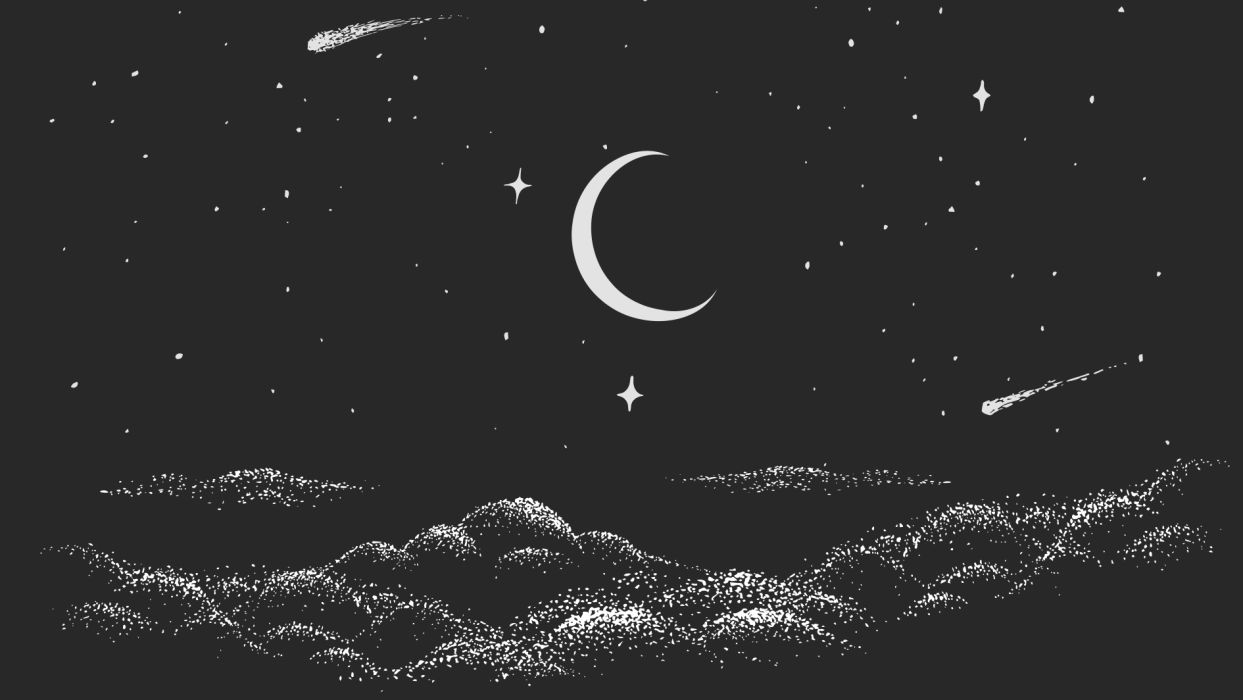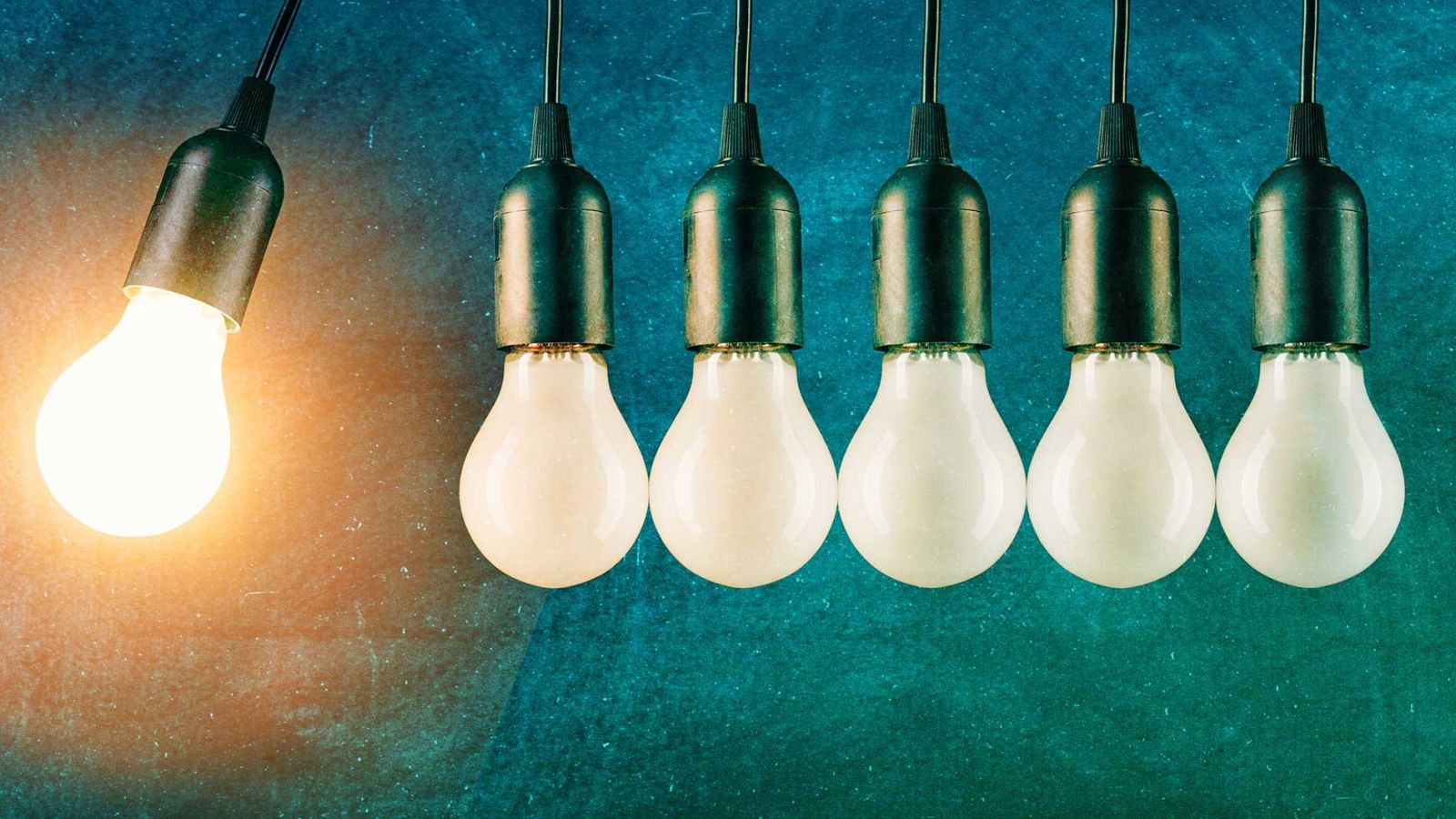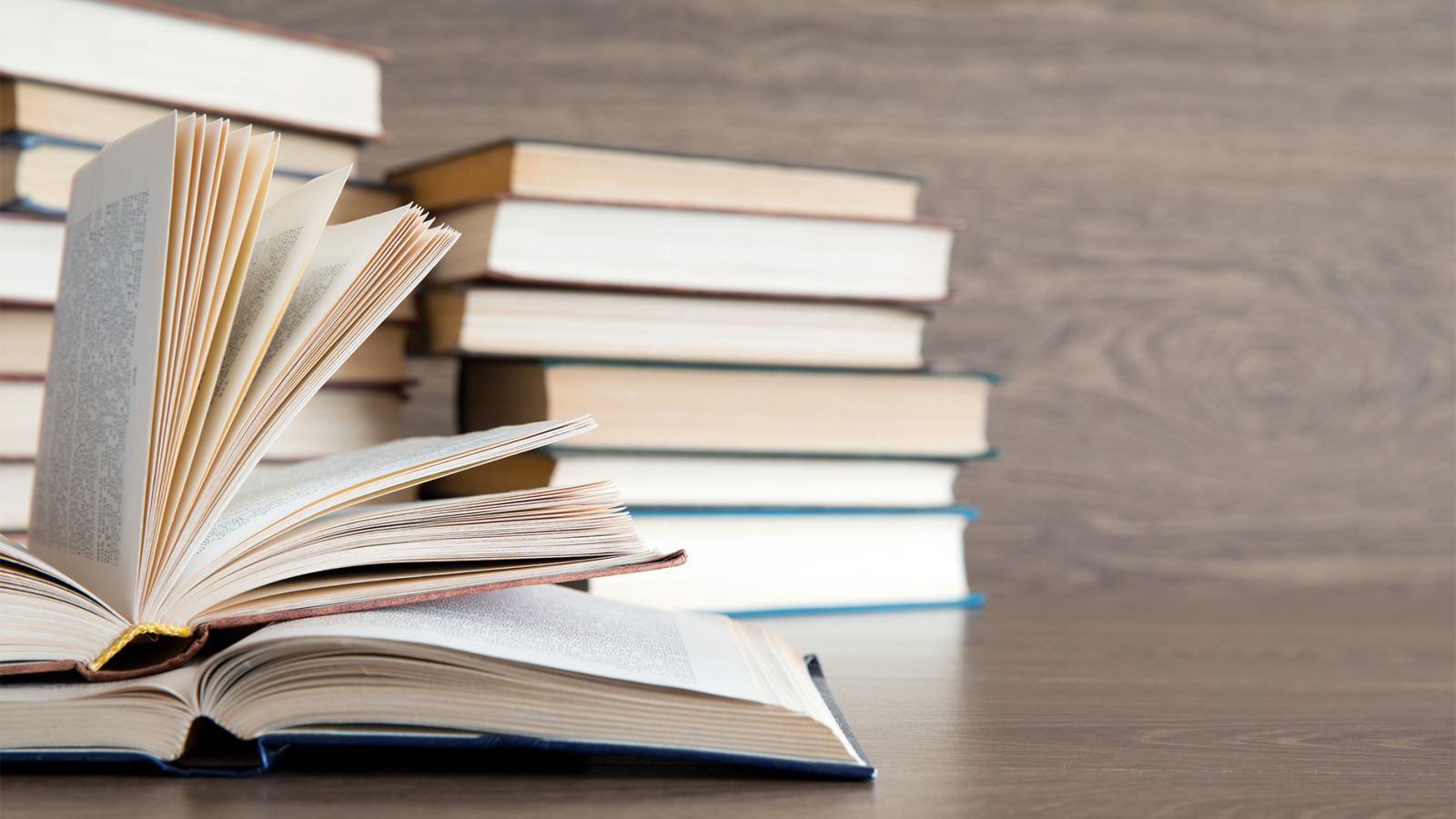Ustādh Abū al-ʿAbbās (ḥafiẓahullāh) goes through a highly beneficial question and answer session revolving around Waraqa ibn Naufal, at the beginning of the lecture, the continuation of the ṣīrah series begins at 26.22.
It is Narrated in Ṣaḥīḥ al-Bukhārī in Ḥādīth No. 2987 [Eng.]:
It is narrated by Mālik bin Ṣaʿṣaʿah: The Prophet Muḥammad (ṣallallāhu ʿalayhi wa-sallam) said,
“While I was at the House in a state midway between sleep and wakefulness, amongst the people who were either awake or asleep. A golden tray full of wisdom and belief was brought to me and my body was cut open from the throat to the lower part of the abdomen and then my abdomen [referring to the heart] as washed with Zam Zam water and (my heart was) filled with wisdom and belief. Al-Burāq, a white animal, smaller than a mule and bigger than a donkey was brought to me and I set out with Jibrīl. When I reached the nearest heaven. Jibrīl said to the heaven gate-keeper, ‘Open the gate.’ The gatekeeper asked, ‘Who is it?’ He said, ‘Jibrīl.’ The gate-keeper said,’ Who is accompanying you?’ Jibrīl said, ‘Muḥammad.’ The gate-keeper said, ‘Has he been called?’ Jibrīl said, ‘Yes.’ Then it was said, ‘He is welcomed. What a wonderful visit his is!’ Then I met Ādam and greeted him and he said, ‘You are welcomed O’ son and Prophet.’ Then we ascended to the second heaven. It was asked, ‘Who is it?’ Jibrīl said, ‘Jibrīl.’ It was said, ‘Who is with you?’ He said, ‘Muḥammad’ It was asked, ‘Has he been sent for?’ He said, ‘Yes.’ It was said, ‘He is welcomed. What a wonderful visit his is!” Then I met ʿĪsá (Jesus) and Yaḥyá (John) who said, ‘You are welcomed, O brother and Prophet.’ Then we ascended to the third heaven. It was asked, ‘Who is it?’ Jibrīl said, ‘Jibrīl.’ It was asked, ‘Who is with you? Jibrīl said, ‘Muḥammad.’ It was asked, ‘Has he been sent for?’ ‘Yes,’ said Jibrīl ‘He is welcomed. What a wonderful visit his is!’ (The Prophet added:). There I met Yūsuf (Joseph) and greeted him, and he replied, ‘You are welcomed, O’ brother and Prophet!’ Then we ascended to the 4th heaven and again the same questions and answers were exchanged as in the previous heavens. There I met Idrīs and greeted him. He said, ‘You are welcomed O brother and Prophet.’ Then we ascended to the 5th heaven and again the same questions and answers were exchanged as in previous heavens. there I met and greeted Hārūn (Aaron) who said, ‘You are welcomed O brother and Prophet”. Then we ascended to the 6th heaven and again the same questions and answers were exchanged as in the previous heavens. There I met and greeted Musá (Moses) who said, ‘You are welcomed O brother and Prophet.’ When I proceeded, he started weeping and on being asked why he was weeping, he said, ‘O Lord! Followers of this youth who was sent after me will enter Paradise in greater numbers than my followers.’ Then we ascended to the seventh heaven and again the same questions and answers were exchanged as in the previous heavens. There I met and greeted Ibrāhīm (Abraham) who said, ‘You are welcomed o son and Prophet.’ Then I was shown al-Bayt al-Maʿmūr (i.e. Allāh’s House). I asked Jibrīl about it and he said, This is al-Bayt al-Maʿmūr where 70,000 angels perform prayers daily and when they leave they never return to it (but always a fresh batch comes into it daily).’ Then I was shown Sidrat al-Muntahá, and four rivers originated at its root, two of them were apparent and two were hidden. I asked Jibrīl about those rivers and he said, ‘The two hidden rivers are in Paradise, and the apparent ones are the Nile and the Euphrates.’ Then fifty prayers were enjoined on me. I descended till I met Mūsá (Moses) who asked me, ‘What have you done?’ I said, ‘Fifty prayers have been enjoined on me.’ He said, ‘I know the people better than you, because I had the hardest experience to bring Banī Isrāʾīl to obedience. Your followers cannot put up with such obligation. So, return to your Lord and request Him (to reduce the number of prayers.’ I returned and requested Allāh (for reduction) and He made it forty. I returned and (met Moses) and had a similar discussion, and then returned again to Allāh for reduction and He made it thirty, then twenty, then ten, and then I came to Mūsá (Moses) who repeated the same advice. Ultimately Allāh reduced it to five. When I came to Mūsá (Moses) again, he said, ‘What have you done?’ I said, ‘Allāh has made it five only.’ He repeated the same advice but I said that I surrendered (to Allāh’s Final Order)'” Allāh’s Apostle was addressed by Allāh, “I have decreed My Obligation and have reduced the burden on My slaves, and I shall reward a single good deed as if it were ten good deeds.”
Amongst the many beneficial points mentioned in this part of the sīrah series:
- Isrāʾ wa al-Miʿrāj refers to the Prophet Muḥammad’s (ṣallallāhu ʿalayhi wa-sallam) night journey to Bayt al-Maqdis, and ascension up to the heavens.
- Allāh mentioned the night journey and ascension in His Noble Book in Sūrah al-Najm and the revelation given to him,
أَفَتُمَـٰرُونَهُ ۥ عَلَىٰ مَا يَرَىٰ
Will you then dispute with him (Muḥammad) about what he saw [during the Miʿrāj (ascent of the Prophet Muḥammad to the seven heavens)]
[Sūrah al-Najm: 53:12]
Allāh also affirmed in this in Sūrah al-Isrāʾ,
سُبۡحَـٰنَ ٱلَّذِىٓ أَسۡرَىٰ بِعَبۡدِهِۦ لَيۡلاً۬ مِّنَ ٱلۡمَسۡجِدِ ٱلۡحَرَامِ إِلَى ٱلۡمَسۡجِدِ ٱلۡأَقۡصَا ٱلَّذِى بَـٰرَكۡنَا حَوۡلَهُ ۥ لِنُرِيَهُ ۥ مِنۡ ءَايَـٰتِنَآۚ إِنَّهُ ۥ هُوَ ٱلسَّمِيعُ ٱلۡبَصِيرُ
Glorified (and Exalted) is He (Allāh) [above all that (evil) they associate with Him]. Who took His slave (Muḥammad) for a journey by night from al-Masjid al-Ḥarām (at Makkah) to al Masjid al-Aqsā (in Jerusalem), the neighbourhood whereof We have blessed, in order that We might show him (Muḥammad) of Our Ayāt (proofs, evidences, lessons, signs, etc.). Verily, He is the All-Hearer, the All-Seer.
[Sūrah al-Isrā: 17:1]
- The first foundation of proof for Isrāʾ wa-al-Miʿrāj is from the Book of Allāh. Furthermore, there is a long and detailed narration in Ṣaḥīḥ al-Bukhārī which mentions specifically the Miʿrāj.
- It is known with absolute conviction that the Prophet (ṣallallāh ʿalayhi wa-sallam) was awake because Allāh mentioned that He raised His servant up in Sūrah al-Isrāʾ, and the initial reaction of the mushrikin of Quraysh what that of mockery as they believed it to be an opportunity to prove him a liar.
- The Prophet’s (ṣallallāhu ʿalayhi wa-sallam) chest was opened three times and cleansed. Firstly, when he was a child and playing with the other children, the angels came and cut his chest open and took his heart out; they took a clot from his heart, and they said this is the part that the shayṭān has of your heart; they cleansed and purified his heart in preparation for him to be raised in a wholesome way unaffected by Shayṭān. The second occurrence was just before he received revelation, and this was to prepare him for revelation; and the third time was right before the night journey.
- Ibn Hajr mentions that the benefit behind the third cleansing was to show the importance of purification which is legislated for purification is washing three times, and this is from perfection.
- These three occurences which took place have been authentically established and there is no angle to refute it. It is to be accepted with belief and submission; indeed the Messenger of Allāh (ṣallallāhu ʿalayhi wa-sallam) was a man whom Allāh blessed with many miracles, and these three occurences were from among them.
- Some people say the cleansing of the Prophet’s heart by the angels with Zam Zam indicates that when we go to Makkah, we should wash things with zamzam, because the action was done and shown by the angels and therefore it is legislated in Islam to wash things with Zamzam to purify them. It is a possible understanding, however there must be evidence from the sunnah and actions of the Ṣaḥābah in order to substantiate such a claim. One cannot say that it is legislated to cut a persons’ chest, remove his heart and wash it with Zam Zam; and the use of a golden basin is impermissible, thus the angels are not bound by the same rules as we are.
- Zamzam has multiple uses, but it is primarily used for drinking and supplicating alongside it.













